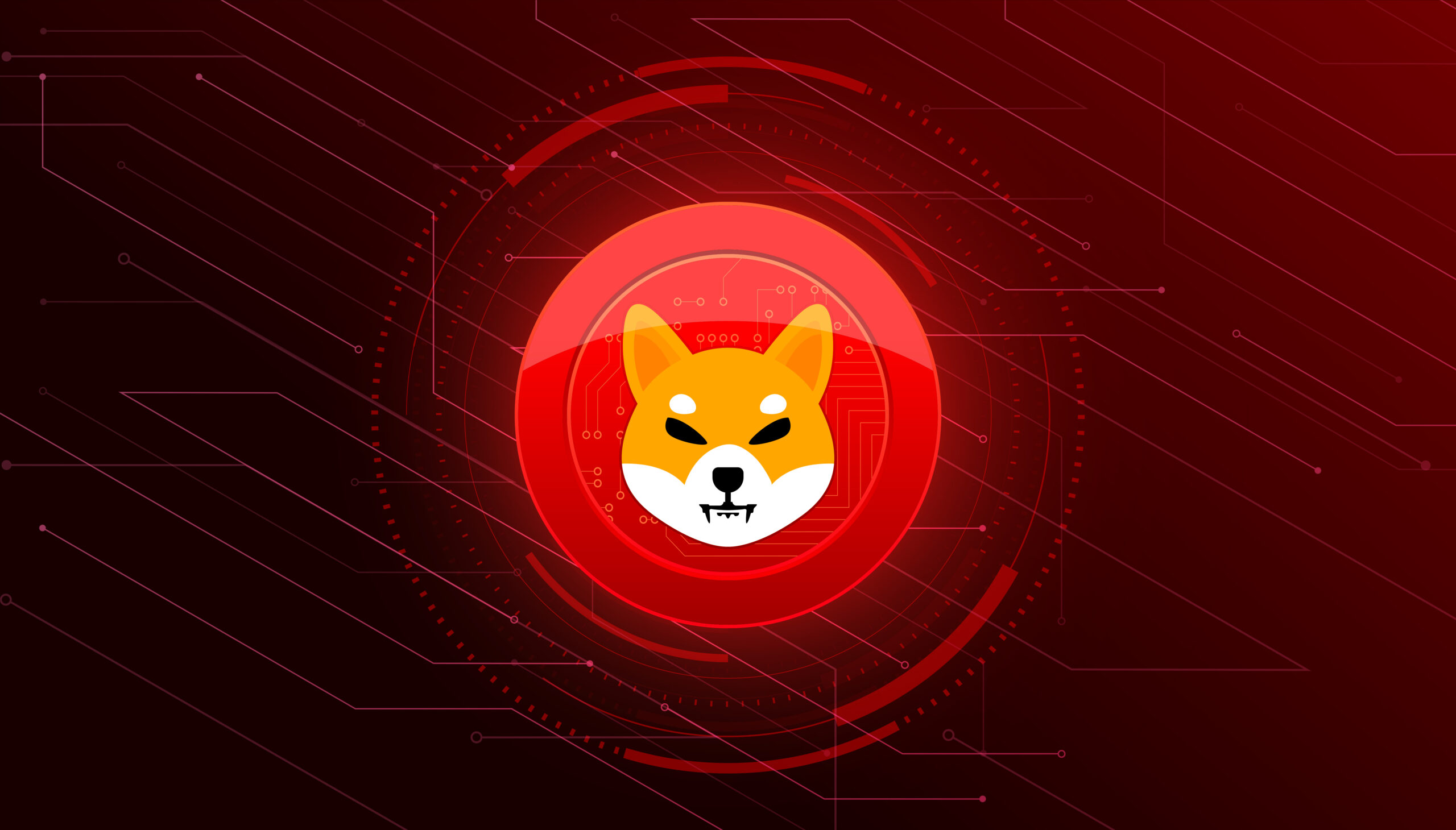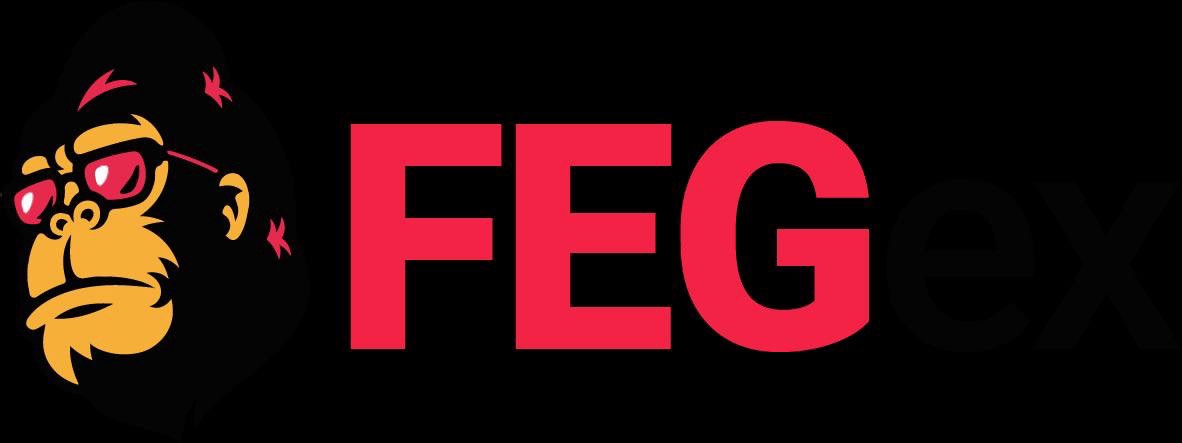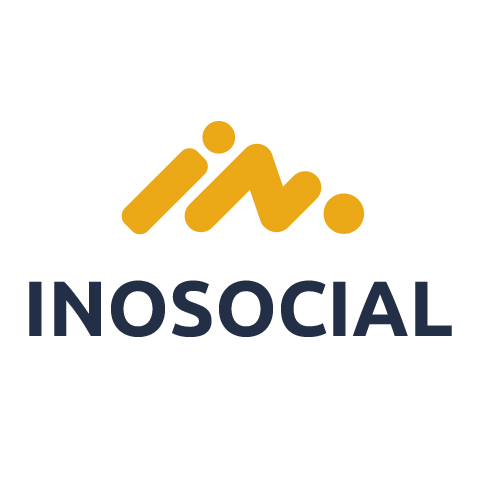While social media popularity is increasing daily, it has continued to take a toll on people’s privacy without notice. You can know what’s going on around the world and in people’s lives from the comfort of your couch by scrolling apps developed by Yalantis.com on your mobile phone.
However, it has a load of challenges because, as they say, the” internet never forgets,” meaning everything that you post can be retrieved with ease. When getting hired for a job, the highest chances are the hiring manager will scrutinize your social media accounts to gather more content about your character.
It means you have to be extra careful when selecting what to post on your social pages to ensure you uphold your image on all social platforms and increase your employment chances. Below is the role of social media in hiring.
The Role of Social Media in Hiring
Social media is currently playing a huge role in the hiring of competent and well-mannered employees. This is because job seekers post accurate information about themselves when opening these accounts while it’s skipped when writing a resume or cover letter.
Notably, the recruiter may not exhaust or is not allowed to dig dip into personal details of a potential employee but can go through the social media pages and get information about age, religion, marital status, and hobbies.
Thus, some recruiters go through your social media profiles to improve their decision-making process, and the disclosed information can work for or against you.
Key Things on Your Social Media Profiles that Impact Your Credibility
While 70 % of human resource managers advocate for scrutiny on a candidate’s social media profile to help know the client better, 30% disagree because it infringes their privacy, including age, religion, and marital status—they greatly influence an employer’s decision.
However, other things could negatively or positively impact your credibility besides your personal information, as listed below.
a. Negative Credibility Influencers
• Posting inappropriate photos
• Information promoting drug abuse
• Bad comments regarding racism, gender, or religion
• Talking ill about your colleagues or previous companies you worked for
• Not being honest about your qualifications
b. Positive Credibility Influencers
These can be your stepping stone to the next significant position if found by the human resource manager. They include;
• Your curriculum vitae matches your social media profile
• You show excellent communication skills from the chats.
• Your images on all social media pages are professional
What kind of Social Media Activity is Considered ‘Adverse’?
‘Adverse’ social media activities are those events that are undesirable, bad, and unfavorable to the people around you, including your colleagues. These activities include;
• Posting insensitive content on your pages
• Being too salesy
• Being active all day on all social media platforms
• Forgetting who your audience is
• Posting inappropriate photos
• Being too casual
• Using inappropriate language.
5 Social Media Monitoring Tools of Employees
Social media monitoring tools are the best way to find out how people are talking about your brand, products, competitors, industry, adverts, customer service quality, pandemic response and take, and anything else your followers may be discussing.
These tools also help monitor employees’ activities on their social pages. They help in creating a conducive working environment where the employee is aware of the monitoring. They include;
1. Hootsuite
This tool is the easiest to use amongst all the listed monitoring software. Due to its customizable search stream, it can track activities on all social platforms and networks at a glance.
While it helps you delegate duties of a social media account managed by two or more employees, it simplifies work by classifying significant trends, topics, and social media profiles based on keywords, hashtags, locations, users, and other narrowed-down specs.
2. Talk walker
The talk walker monitors major social media platforms and the broader website pages. While you can easily engage and analyze comments, reach, and product sentiments, It offers more filters to screen conversations across millions of data sources. These sources include forums, videos, social networks, reviews, and news sites.
3. Nexalogy
This monitoring tool keeps track of the broader web and the most effective social media platforms. It helps to discover the favorite keywords used in the most active accounts.
Besides, this super data visualization effect sets this tool apart. Its activities revolve around geolocation-based heat maps, interactive timelines, and lexica cluster maps that reveal the basic patterns.
4. Mentionlytics
This is another helpful tool that monitors all social media platforms and the wider web. The simple work for mentionlytics social media monitoring app, which is ranked as a professional-grade, is to follow and track mentions, unique keywords, and reviews in multiple languages.
5. Reputology
This tool is diverse, and besides allowing you to track activities in multiple stores and locations, you can also respond immediately via the provided quick links.
It helps you track major sites such as Facebook, Yelp, and Google from one control location. Thus if experiencing bad reviews and are not sorted the right way, chances are it will cost your business a lot.
The Pitfalls of Overreliance on Social Media in Hiring Decisions
Social media scrutiny by human resource managers when hiring employees has a share of advantages and pitfalls. Besides resulting in a biased decision, other pitfalls are caused by overreliance on social media when making hiring decisions.
1. Privacy Intrusion
Intruding an employee to be social pages exposes them to privacy risk as the information revealed in the accounts is not supposed to be known by the employer. Social life and work should remain separate.
2. In Accurate Information
Some of the information in social media accounts like Facebook is sometimes fake. It can blur the employer’s decision if they base their decision by comparing the social accounts and the CV.
3. Biasness
Employers can make a biased decision from the look of the social media pages of the interviewees. Some people are more active than others, giving them a higher following, while others are inactive. This can be used to rate your performance which is not fair.
4. Delays Decision Making
Scanning through all social platforms of the interviewees takes time, considering you are looking for relevant information which can positively or negatively influence your decision-making process.
5. Other Skills and Talents
Over reliability on social media to make employment decisions might give the employer access to other skills which are not part of the requirements. These skills and talents might work against the employee, especially if they are not highlighted in the CV. Again the hiring decision could be influenced by the discovery of other weird talents, although not job-related.
Advice for Candidates
Social media platforms are here to stay, and the more you get conscious of your posts, the better for you. It’s worth noting that many employers are now using these platforms to learn more about their candidate’s characters.
Maintaining a good character on social platforms and the world, in general, can save you the agony of justifying who you are. However, how well your status aligns with your CV can be the determinant of your next job offer. All said and done, avoid using appropriate language when addressing your followers—it hits back someday!






